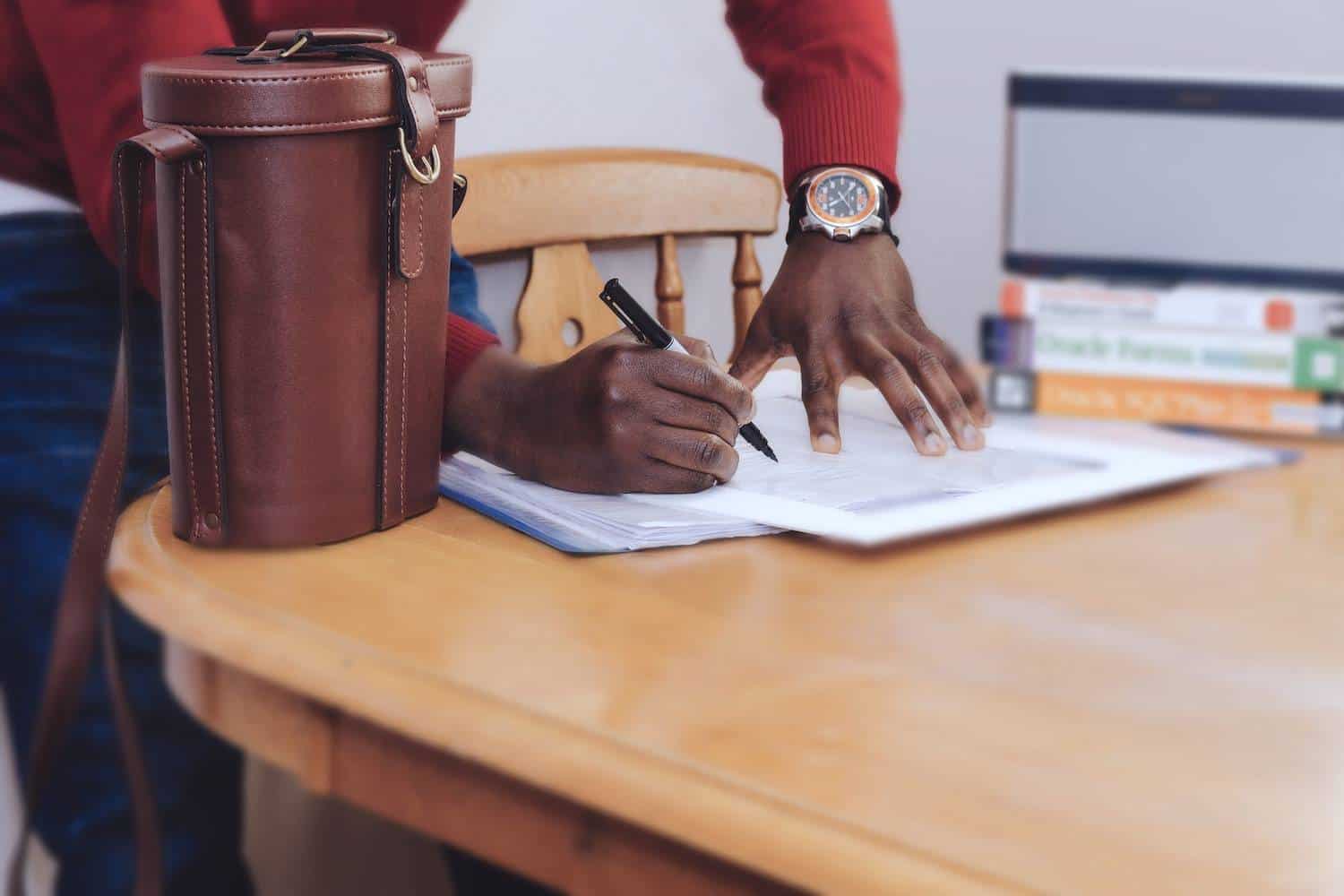
20 Mar How to Get Your Security Deposit Back
Yes, a security deposit is one thing you cannot get away from when renting a new place. Landlords put them in place for good reason, but tenants also have rights when it comes to a security deposit. Many think they won’t ever see it again. However, there are ways to ensure you can get all or the bulk of your security deposit back. Here are some tips straight from property managers who deal with it on a daily basis.
Read the Lease and or other Agreements
Reading a new lease in full may sound like a tedious task but it’s worth knowing all rules and fine print upfront. Make sure you clearly understand your responsibilities as a tenant including what it states about your security deposit. Keep a copy on hand for reference. If changes happen to the lease over time, the landlord should give notice and reissue a new lease.
Know What You Are Entitled To
Every state has different guidelines for how security deposits are used and returned. Landlords can use them for needs such as cleaning, repairs, unpaid rent, fees or utility bills, and they must provide an itemized statement claiming how the money was used upon return. It is illegal for landlords to hold onto a security deposit without providing any reasoning on how it was used.
If a tenant stays in one rental for a long period of time, they are usually guaranteed a certain portion of the deposit. There usually are set deadlines included in the lease for getting a deposit back. Make sure you know ahead of time when this date is after moving out and talk with your landlord to prepare for any necessary action.
Stay in Communication with Landlord
It’s important to keep a good relationship as much as possible with a landlord. This will go a long way when it comes time to get a deposit return. If results are less than favorable, or any laws are broken, it’s best to talk it out and negotiate.
If something were to go wrong or the landlord is not in communication, then there is the option to sue for small claims court. A demand letter asking for the deposit return is usually required before filing for court. There may also be a limit to how much you can receive, but you can at least try for the amount owed and any additional charges out of ‘bad faith’ that may apply.
Reach out to our team if you have additional questions.


